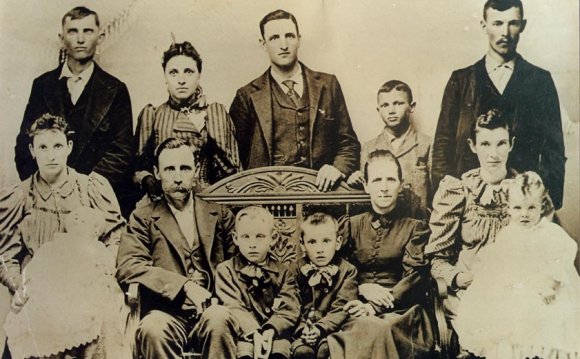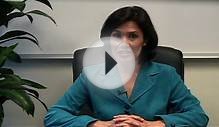
When the legal system needs psychological expertise, whether in evaluating prisoners, testifying in court or dealing with terrorist behavior, it turns to criminal forensic psychologists for assistance. These psychologists are specially trained in applying the principles and practices of psychology to issues dealing with laws and the legal system. Most forensic psychologists hold a professional doctorate degree, licensure and board certification in forensic psychology. In some cases, a master's degree and knowledge of the legal system may be acceptable.
| Required Education | Doctor of Psychology or Ph.D. in Psychology often required; master's degree sometimes acceptable |
| Other Requirements | All clinical psychologists must be licensed; postdoctoral training program in forensic psychology and board certification preferred |
| Projected Job Growth (2012-2022)* | 12% (all psychologists) |
Source: *United States Bureau of Labor Statistics
Criminal Forensic Psychologist Career Info
Criminal forensic psychology is a subfield of a specialized area of psychology called forensic psychology, which provides services to individuals and institutions involved in the legal system. Criminal forensic psychologists work primarily in the criminal justice system, whereas the civil justice and family court systems are occupied by psychologists in the other subfields of forensic psychology.
Criminal forensic psychologists may be self-employed, working as independent consultants to attorneys, courts, prisons, state hospitals, law-enforcement agencies, parole agencies or other elements of the criminal legal system. Some forensic psychologists are employed by the agency they serve. For example, they may be on the staff of prison hospitals or FBI units. Both federal and state law-enforcement agencies employ criminal forensic psychologists.
Salary and Job Growth Information
While the U.S. Bureau of Labor Statistics (BLS) does not isolate job growth or salary data specifically for criminal forensic psychologists, it does note that the number of jobs for psychologists in general is expected to grow by 12% from 2012-2022 (www.bls.gov). The BLS also reports that job prospects are expected to be best for those with doctoral degrees and specialty training in fields such as forensic psychology. May 2013 BLS salary data shows that all psychologists made an average of $74, 310 that year.
Criminal Forensic Psychologist Duties
The job duties of criminal forensic psychologists cover a wide spectrum, depending on the case involved and the services requested. Psychologists may work with law-enforcement agencies to develop psychological profiles of suspects, negotiate in crises such as hostage situations, administer polygraph tests and evaluate the testimonies of eyewitnesses.
Share this Post
INTERESTING PSYCHOLOGY VIDEO













